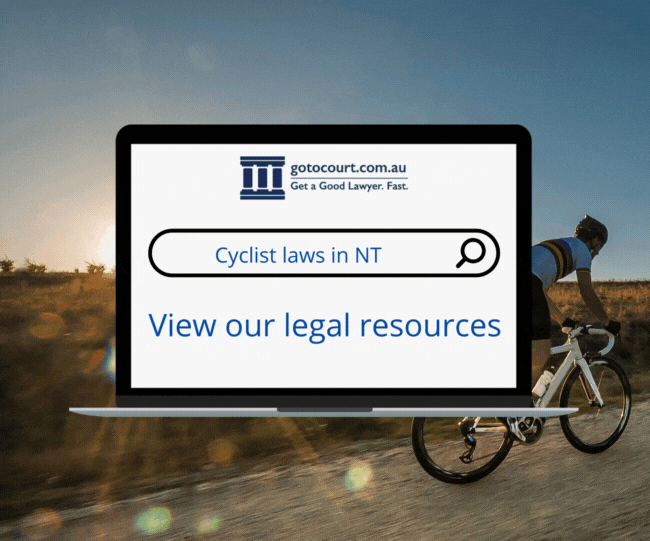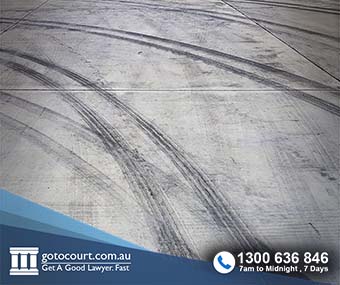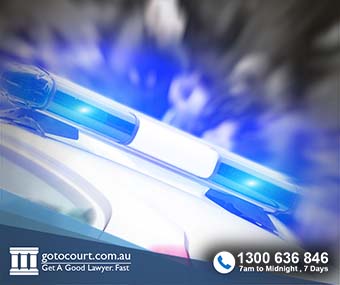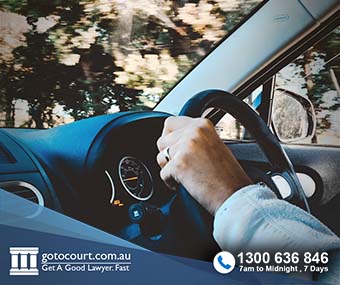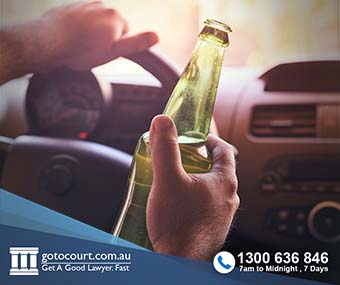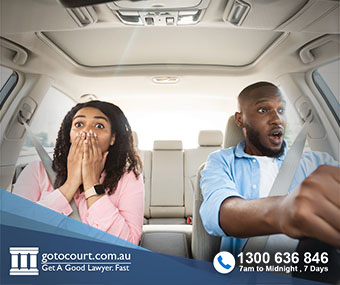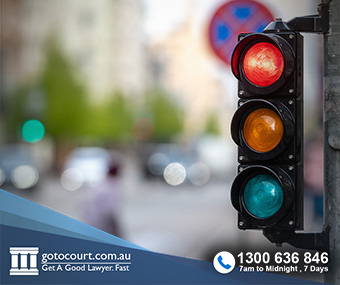Northern Territory Traffic Law
Traffic Lawyers Northern Territory
In the Northern Territory, there is a range of traffic offence contained in the Traffic Act 1967 and in the Criminal Code 1983. When a person is found guilty of a traffic offence, they may be fined, suspended from driving, or imprisoned as well as incurring demerit points. Traffic offences may be dealt with by way of infringement notice or by way of summons to attend court.
Demerit points for traffic offences
In the NT, demerit points are accrued when traffic offences are committed. Demerit points are recorded when an offence occurs and expire three years later.
A person on an open driver’s licence can accrue 12 demerit points before they face suspension. A person on a learner’s permit or provisional licence can accrue five demerit points in a 12-month period of 12 demerit points in a three-year period before facing suspension. The period of the suspension imposed will depend on the number of points accrued.
Once a demerit point suspension period is over, the licence holder may driver again as long as the licence has not expired.
Infringement notices for traffic offences
A person who commits a traffic offence such as speeding or low-range drink driving may be dealt with by way of an infringement notice. This is an on-the-spot fine that also carried demerit points and in some cases, a term of licence suspension.
A person who receives an infringement notice may accept liability for the offence and pay the fine or elect to have the matter dealt with by a court. If you want to elect to have the matter go to court, this can be done by completing the form on the back of the infringement notice and returning it to the NT Police. A summons will then be issued.
Summons to attend court
A person who is summonsed to attend court for traffic offences may plead guilty or not guilty. If they plead guilty, the matter may be finalised on the day and a sentence imposed. This may be a fine or a term of imprisonment. Alternately, the matter may be adjourned until a later date so that the accused can gather supporting material for the court. This may include character references and evidence of any steps they have taken to address the causes of their offending.
Serious traffic offence such as driving a motor vehicle causing death under section 174F of the Criminal Code 1983 or manslaughter under section 160 of the Criminal Code 1983 are finalised in the Supreme Court. These matters must go through a number of procedural stages in the Magistrates Court before being committed to the Supreme Court for plea or trial.
Licence disqualifications in the Northern Territory
A person who is found guilty of traffic offences may have their licence disqualified for a period. The period of licence disqualification may vary between a few months to many years. Driving while disqualified is a serious offence under section 31 of the Traffic Act 1987 and can attract a term of imprisonment of up to 12 months.
When a court in the NT disqualifies a person from driving for drink driving offences, it may also make an alcohol ignition lock order. This may be for a period of between six months and three years.
While a person is subject to an alcohol interlock order, they may drive only while their vehicle is fitted with an alcohol interlock device, which tests the driver’s breath for alcohol before the vehicle starts.
If you require legal advice or representation in any legal matter, please contact Go To Court Lawyers.
Recommended Resources
Northern Territory Traffic Law Resources
Driving Unlicensed in the Northern Territory
Driving Whilst Suspended in the Northern Territory

